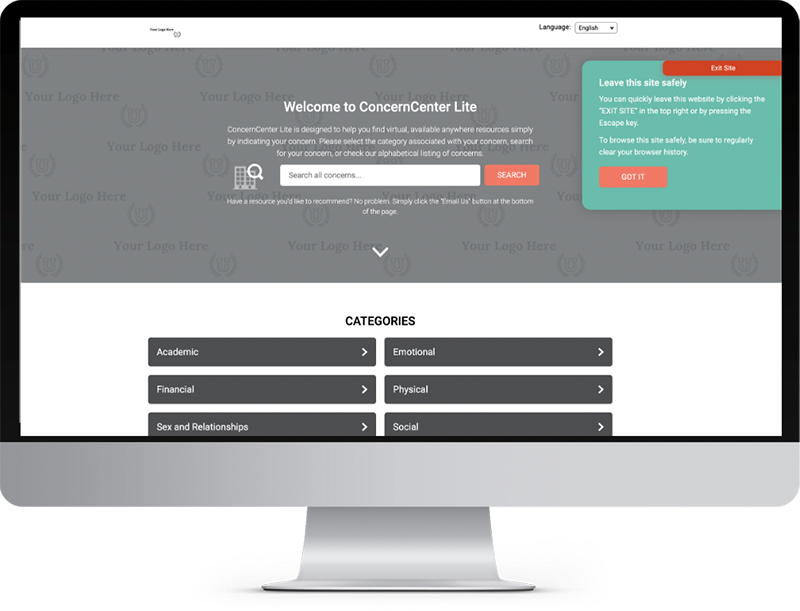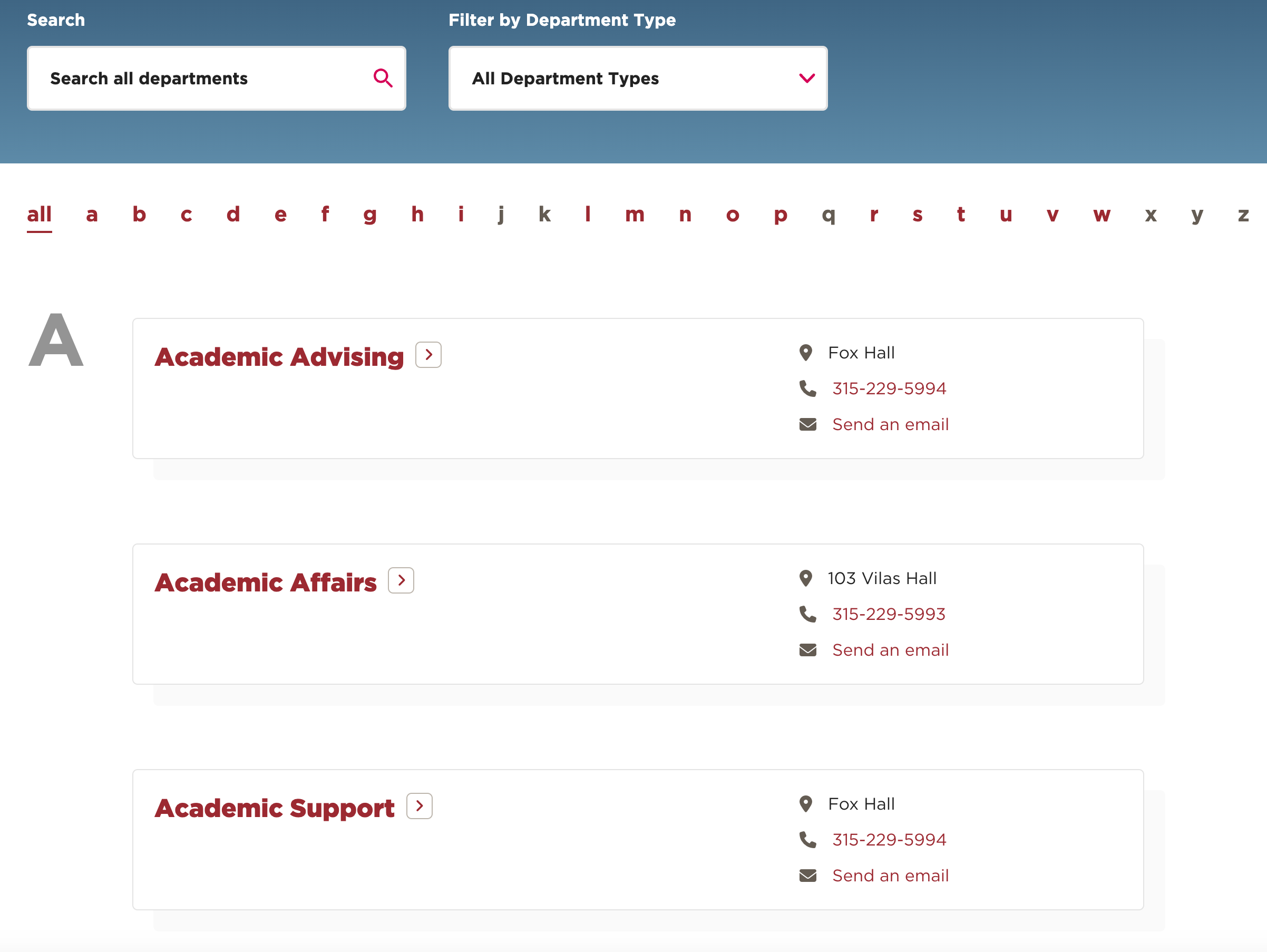[fusion_builder_container hundred_percent=”no” equal_height_columns=”no” menu_anchor=”” hide_on_mobile=”small-visibility,medium-visibility,large-visibility” class=”” id=”” background_color=”” background_image=”” background_position=”center center” background_repeat=”no-repeat” fade=”no” background_parallax=”none” parallax_speed=”0.3″ video_mp4=”” video_webm=”” video_ogv=”” video_url=”” video_aspect_ratio=”16:9″ video_loop=”yes” video_mute=”yes” overlay_color=”” video_preview_image=”” border_size=”” border_color=”” border_style=”solid” padding_top=”” padding_bottom=”” padding_left=”” padding_right=””][fusion_builder_row][fusion_builder_column type=”1_1″ layout=”1_1″ background_position=”left top” background_color=”” border_size=”” border_color=”” border_style=”solid” border_position=”all” spacing=”yes” background_image=”” background_repeat=”no-repeat” padding_top=”” padding_right=”” padding_bottom=”” padding_left=”” margin_top=”0px” margin_bottom=”0px” class=”” id=”” animation_type=”” animation_speed=”0.3″ animation_direction=”left” hide_on_mobile=”small-visibility,medium-visibility,large-visibility” center_content=”no” last=”no” min_height=”” hover_type=”none” link=””][fusion_text columns=”” column_min_width=”” column_spacing=”” rule_style=”default” rule_size=”” rule_color=”” hide_on_mobile=”small-visibility,medium-visibility,large-visibility” class=”” id=”” animation_type=”” animation_direction=”left” animation_speed=”0.3″ animation_offset=””]
I was 24 years old, in a Master’s of Mental Health Counseling program, and facilitating one of my first group sessions. It was an interpersonal relationship process group- you know- one of the groups used to train newbie therapists how to be in the here-and-now and learn about their quirks through interactions with others in the group?
Pretty low key.
At least most of the time.
I loved group facilitation and especially relished in the moments when I would say something (I thought was) profound; earning myself the respect and admiration of those who were participants. I felt admired by my colleagues, supported by my professors, and would do anything I could to continue the persona of master therapist; wise beyond my years.
During a rather normal interpersonal process group session, I noticed that one of the students was relatively disengaged. Staring at the floor, occasional half smiles that didn’t always correspond with the cadence of the conversation, sitting on her hands. What a perfect opportunity for my overly-confident-self to shine.
“(Student name), I notice you seem rather disengaged today. Is everything alright?”
“Yea.”
[Perfect opportunity to address the incongruence] “I’m hearing you say ‘yea’, but also notice that you're sitting on your hands and not really engaging in the conversation. Can you speak to the difference in your words and actions?”
“Not really.”
[The group is watching you. This is your moment. Reflect what she’s saying so she can hear it for herself] “Not really?”
“I’m just not in a good place right now.”
[Here we go, you can work with that. Ask for clarification.] “What does ‘not a good place’ mean?”
“It means I think I want to kill myself.”
Silence.
[I’m not ready for this.]
[She’s talking about suicide.]
[You learned about this. Think. Think. What are you supposed to say? Say it.]
[/fusion_text][fusion_tagline_box content_alignment=”left” link=”” button=”” linktarget=”_self” modal=”” button_size=”” button_type=”” button_border_radius=”” buttoncolor=”default” title=”IkluIHRoaXMgbW9tZW50LCBzdHJpcHBlZCBvZiBhbGwgb2YgbXkgY29uZmlkZW5jZSBhbmQgcmlwcGVkIHJhdyB0byB0aGUgZXNzZW5jZSBvZiB3aGF0IGl0IG1lYW5zIHRvIGJlIHNpdHRpbmcgd2l0aCBzb21lb25lIHdobyBpcyBpbiBwYWluIGFuZCBmZWVsaW5nIGhvcGVsZXNzLCBJIGRpZCBteSBiZXN0IHdvcmsuIg==” description=”IA==” hide_on_mobile=”small-visibility,medium-visibility,large-visibility” class=”” id=”” backgroundcolor=”#f8edd7″ shadow=”no” shadowopacity=”0.70″ border=”1″ bordercolor=”” highlightposition=”none” margin_top=”” margin_bottom=”” animation_type=”” animation_direction=”left” animation_speed=”0.3″ animation_offset=”” /][fusion_text columns=”” column_min_width=”” column_spacing=”” rule_style=”default” rule_size=”” rule_color=”” hide_on_mobile=”small-visibility,medium-visibility,large-visibility” class=”” id=”” animation_type=”” animation_direction=”left” animation_speed=”0.3″ animation_offset=””]
Quite honestly, I can’t remember exactly what I said. I’m positive it wasn’t well articulated and I’m even more certain that you wouldn’t read about it in any of the “How To” counseling books.
What I can assure you is that it was real, and authentic, unrehearsed, and came from a place of genuine concern.
Next thing I knew, this student and I are walking to the campus Counseling Center. In this moment, stripped of all of my confidence and ripped raw to the essence of what it means to be sitting with someone who is in pain and feeling hopeless, I did my best work.
“I’d like to say that I could walk to the Counseling Center in awkward silence, but I know myself well enough to admit that I probably won’t make it ten more steps.”
“Haha, that’s fine. I’m not big on awkward silences either. I’d rather we talk.”
In the five minute walk to the Counseling Center, I learned more about her stress, struggles, and life pains. I recognized her resiliency amidst her hopelessness and connected with her, quite genuinely, on a human-level. The conversation was real and surprisingly comfortable. Her pain was personal, yet relatable. I remember feeling both comforted and distraught by how relatable her pain was.
As we reached the Counseling Center front desk, I couldn’t help but continue our authenticity.
“I’m noticing myself hesitate to leave you here. I’m sure it comes from the fact that I want you to be okay, and I don’t want you to think that I’m just passing you off to the next person.”
“I appreciate that and I don’t feel that way. I know I’m where I’m supposed to be. Thank you for caring enough about me to get me here, and for being real with me.”
“I’m really glad you spoke up today. And thanks for letting me be human today too.”
This wouldn’t be my last experience with a client’s expression of suicidal ideation and little did I know that future cases would be more complex and even more concerning. Without question though, my first experience with expressed suicidality transformed me as a therapist and as a human.
During National Suicide Prevention Week there will be lots of important information shared about the warning signs of suicide, support resources, what to do if you think someone is suicidal, and more. And while this information is undoubtedly helpful and necessary, I can say now that no amount of reading, training, or (false) confidence will adequately prepare you for the first time someone says they are thinking of taking their own life.
I say that not to dismay you, but to empower you.
In this moment, when called to task, my hope is that you will not be disappointed by the imperfection of not having the ‘right’ words.
They don’t need ‘right’, they need authentic.
That you will not rely on your training or education to carry the conversation.
They don’t need skills, they need empathy.
That you will lean in to the feelings of fear and vulnerability, instead of pretending to hold it all together.
They don’t need another example of perfection, they need relatability.
And that you recognize the value of your presence, even if you sit in silence.
They don’t need words of wisdom, they need to feel they are not alone.
In this moment, even if you feel unprepared, even if you're scared, I hope you find yourself just as speechless, fearful, and raw as 24 year old me.
For it's here, in this uncomfortable place, where we do our best and most genuine work.
It's here where hope feels just a little bit closer.
And it's here where we start to save lives.
“You can always give something, even if it’s only kindness.” – Anne Frank
[/fusion_text][/fusion_builder_column][/fusion_builder_row][/fusion_builder_container]


